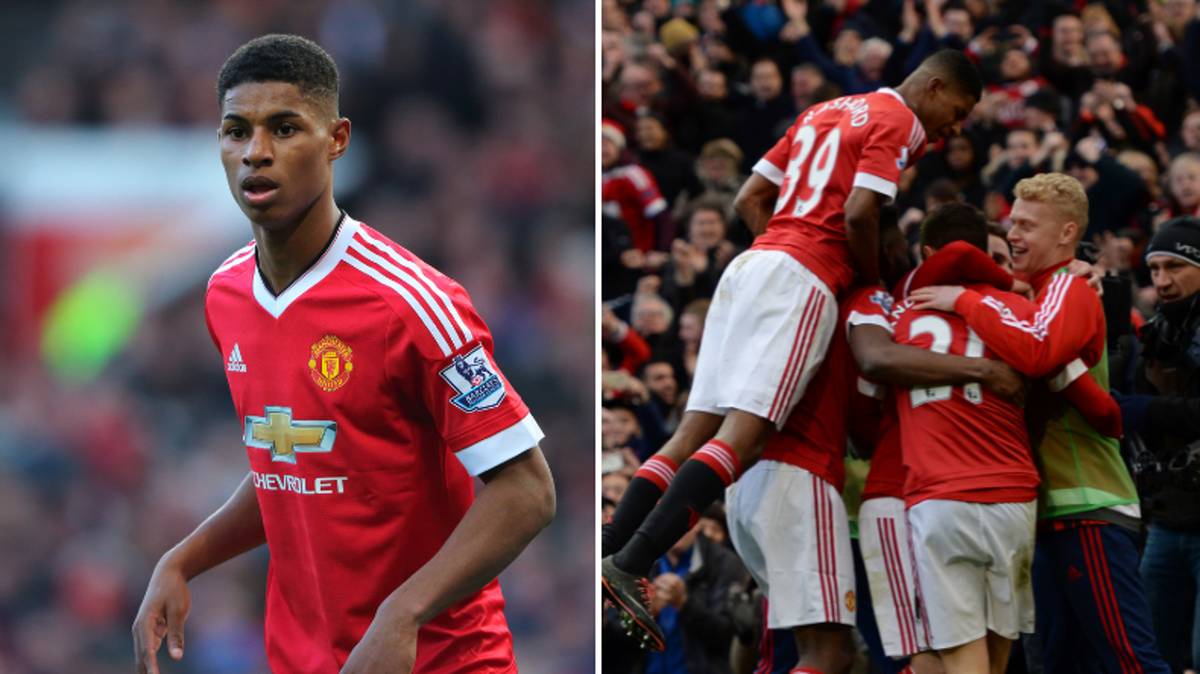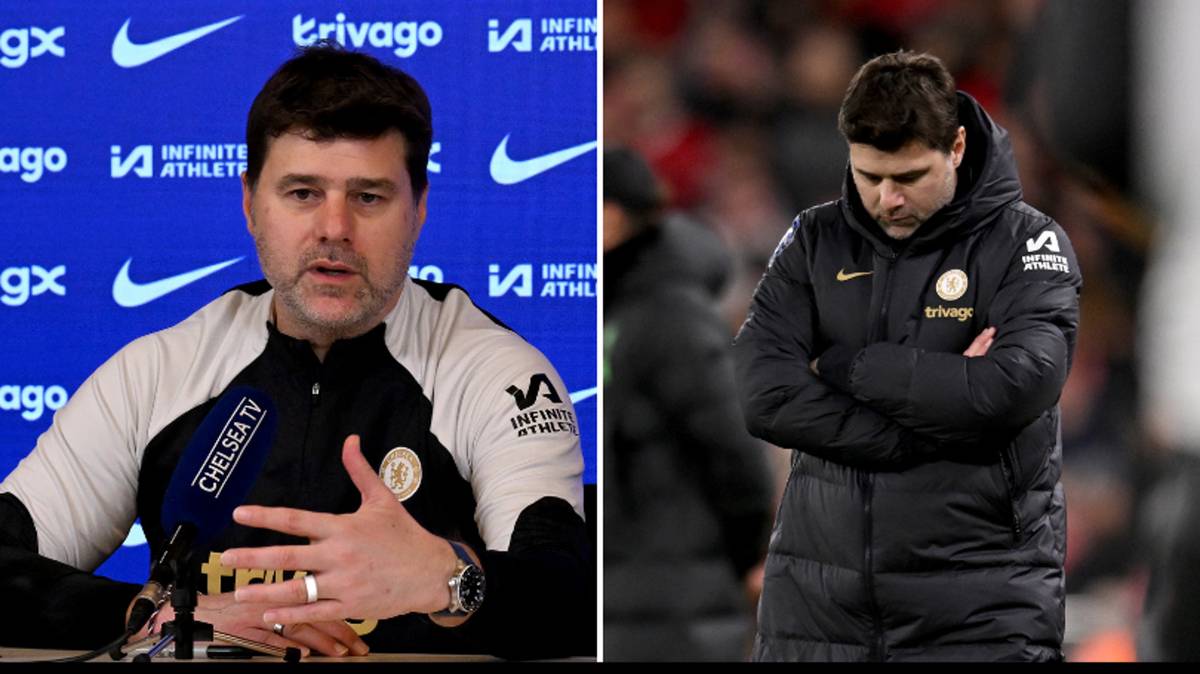
Piegate, Joey Barton, Jack Colback, non-league managers – betting by “participants” in football has been big news recently.
Most prominently, in the wake of the Wayne Shaw ‘Piegate’, the rules the FA impose on those inside the game regarding betting have been called tyrannical and over-bearing. Many were awaiting the outcome of Joey Barton’s hearing to see what sanctions he would face – that wait must go on.
The rule that governs betting in football is actually very straightforward: no “participant” in the game may place a bet, either directly or indirectly, on any football match anywhere in the world. The term “participant” will not just catch players; this rule also applies to physios, managers, intermediaries and various other insiders.
It may seem harsh, for example, to ban a League 2 player in England from betting on the El Classico, for example. He clearly has no better prospect of influencing the outcome of El Classico than any other person on the street. However, the FA took the view that they have to draw a line in the sand somewhere and instead of creating a complex rule whereby players can bet on certain matches as long as there is some sufficient degree of separation between them and the result, the FA has simply opted to impose a blanket ban which is not capable of any subjective dispute.
There is no doubt, therefore, that even if it produces harsh results, the rule is easy to follow and it ought to be easy for the authorities to identify violations. Is football, as some commentators are saying, taking an approach out of kilter with that taken by other sports?
Actually, no. Rugby Union players and Jockeys, for example, are also bound not to bet on their sport anywhere in the world. Many sports’ governing bodies – including the FA – are signed up to an organisation called the Sports Betting Group which aims to share good practices between sports for combatting betting fraud issues.
That there may seem to be a problem in football is in my view not due to the rules imposed by the FA. They are mirrored by several other sports and could not be simpler to follow. The problem, and the root cause of the recent spate of players involved in disciplinary procedures for betting violations, is a lack of awareness.
The problem, and the root cause of the recent spate of players involved in disciplinary procedures for betting violations, is a lack of awareness.
Taking a look at some of the recent cases makes this point clear. In November 2016, Jack Colback of Newcastle United was fined £25,000 for placing a £100 bet on a Champions League match between Bayern Munich and Juventus. The FA’s findings make clear that there was no suggestion of any attempt to compromise the integrity of the fixture, and indeed Colback’s mitigation said that this was simply a momentary lapse in concentration whilst betting on other sports. It defies logic that Colback would have placed this bet if he had considered the potential implications. It is not as though he knew the sanctions upon being caught, but has disregarded them and developed a complex scheme to win himself a significant sum. Rather it is likely he just did not know the rule.

Joey Barton of Burnley – RealTime Images
The same may be said of Joey Barton. It is claimed that Barton placed 1,260 bets on football matches between 2006 and 2016. Again, there has been no suggestion of attempts at match fixing and, although we await the FA’s findings, it is likely that this is another case of a player simply not knowing the rules.
Wayne Shaw’s case is different. He didn’t place any bets on matches, or at least he did not do so directly. Shaw did, however, admit that he knew there were odds placed on him eating a pie during Sutton’s FA Cup match against Arsenal. Shaw decided he would eat a pie during the game for “banter” and he also revealed that he’d told a few of his friends to put money on him eating the pie. Clearly he has fallen foul of the FA’s betting rules. At this stage, Shaw has not been punished but he has resigned from his position at Sutton United. Slightly uncomfortably, one has to concede that technically Shaw’s case is more serious than that of, say, a Colback – he had a direct line through to the influencing of betting markets, whereas the likes of Barton and Colback were betting on outcomes they had no control over.
On the other end of the scale is Nick Bunyard, the ex-manager of Frome Town FC in the Southern League Premier Division. Bunyard placed 7 single bets and one 4 match accumulator. 3 of these bets were for Frome Town to lose and one was even for them to lose by over 1.5 goals. Bunyard was punished with a 3 year suspension and a fine of £3,000. Betting such as this does not suggest a lack of awareness of the rule, rather a complete disregard for it.
Those who advocate a less stringent approach than the blanket ban might struggle to define where they draw the line; surely it is safer to have “participants” excluded from all forms of betting in their sport than to risk attacks on the integrity of the sport. What is needed – and perhaps Wayne Shaw and ‘Piegate’ has inadvertently achieved this if nothing else – is a greater awareness of the rules. If that can succeed, and participants accept that betting on matches of any nature is not permissible, the likes of the FA and the Sports Betting Group can spend more time and resources combatting the people who really do seek to profit from influencing results in football. Do such people exist?
You bet they do.



